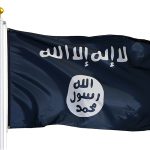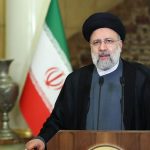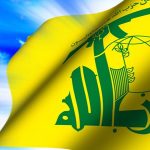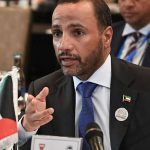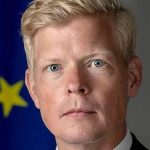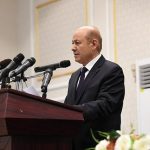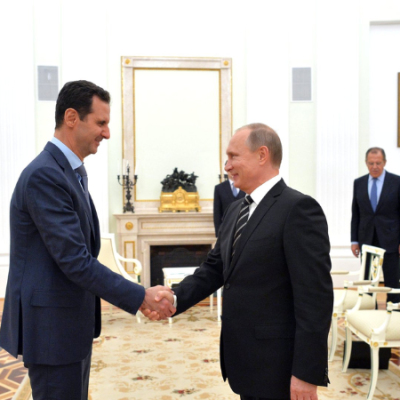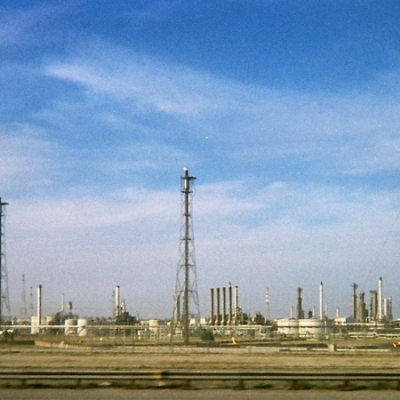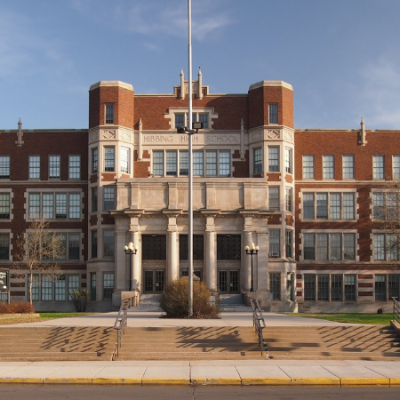Saudi Arabia is making diplomatic attempts to mend ties with Lebanon
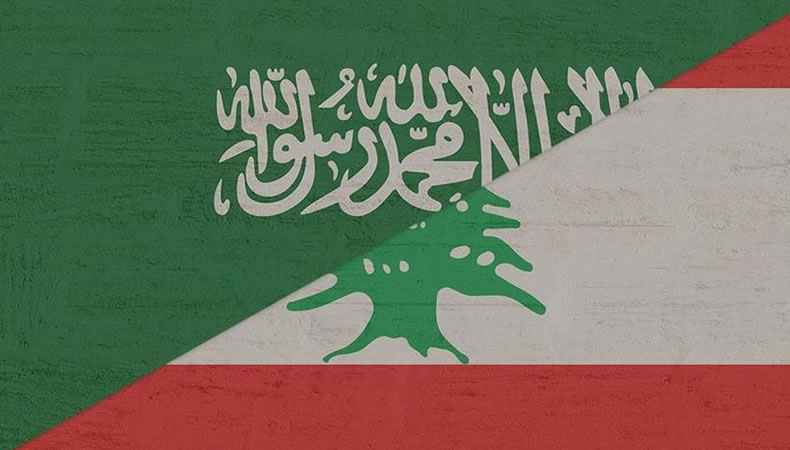
 Saudi arabia–Walid al-Bukhari, the newly-returned Saudi ambassador to Lebanon, has met with a number of political heavyweights in the nation, in the first Saudi diplomatic outreach since hostilities eased. According to observers, the action marks a new chapter in Saudi-Lebanese ties and sends reassuring messages to the Sunni population, which has been preparing for parliamentary elections in May.
Saudi arabia–Walid al-Bukhari, the newly-returned Saudi ambassador to Lebanon, has met with a number of political heavyweights in the nation, in the first Saudi diplomatic outreach since hostilities eased. According to observers, the action marks a new chapter in Saudi-Lebanese ties and sends reassuring messages to the Sunni population, which has been preparing for parliamentary elections in May.
Bukhari, who returned to Beirut earlier this month, spoke with Lebanese Prime Minister Najib Mikati, who informed him that he had been invited to visit Riyadh later this month. He also paid a visit to Fouad Siniora, the former prime minister. According to Lebanese media reports, Bukhari assured Siniora that Riyadh “supports his election objectives” and that “the political field will not be left vacant for Hezbollah to maneuver alone.”
The ambassador’s move and contacts with political players, according to the same sources, demonstrate Saudi Arabia’s reluctance to remain out of Lebanon’s elections. The developments also demonstrate the importance of Sunnis participating in the election process. This comes despite excitement among certain Sunni political parties who had hoped that Riyadh’s backing would help push Sunni voters to vote in the polls, filling the hole created by former Prime Minister Saad Hariri’s departure.
Related Posts
According to the sources, Bukhari would host meetings in the near future to examine potential partnerships and mobilise Sunni political figures to combat the Iran-backed Hezbollah movement and its supporters. According to the sources, these discussions will focus on preparing for the post-election phase as well as discussing regional trends.
Mikati said on Monday that he will travel to Saudi Arabia during the Muslim holy month of Ramadan, according to Al-Jadeed TV, as a show of strengthening relations with the kingdom following the return of its ambassador to Beirut following a diplomatic split. Saudi Arabia and other Arab Gulf governments were formerly big benefactors to Lebanon, but the rising power of the Iran-backed Hezbollah organization has soured relations for years.
The Saudi overtures set the ground for a new chapter in Lebanon, but the situation remains uncertain because the kingdom’s strategy and approach must be determined over time. After the kingdom gave $36 million through the King Salman Relief Centre, the work of the Saudi-French Fund to Support Lebanon, which was approved at a meeting between Saudi Foreign Minister Prince Faisal bin Farhan and his French counterpart Jean-Yves Le Drian, will begin shortly. The aid will be distributed to non-governmental humanitarian organizations.
According to Lebanese political insiders, the restoration of Saudi assistance for Lebanon shows promising indicators that must be expanded on in order for Riyadh to resume its traditional and historical role in the nation and save it from bankruptcy. Last October, a diplomatic crisis occurred after the then-information minister was reported criticizing Saudi Arabia’s participation in Yemen, where a grinding conflict has resulted in the world’s worst humanitarian disaster, according to the UN.
Riyadh withdrew its ambassador and ordered Lebanon’s envoy to leave the country in reaction to the minister’s statements. The United Arab Emirates, Bahrain, and Kuwait, all Gulf allies, followed suit, removing Lebanese envoys. Kuwait has also confirmed the return of its ambassador to Beirut, following Saudi Arabia’s decision. Saudi Arabia has also banned the import of Lebanese goods as a result of the controversy, which has dealt a blow to a country already beset by chronic political and economic woes.
The Saudi declaration was welcomed by Lebanon, which had been banking on financial support from the Gulf to save its economy. In early April, Prime Minister Najib Mikati tweeted, “We strongly welcome the kingdom of Saudi Arabia’s decision to return its ambassador to Lebanon, and we underscore the fact that Lebanon is proud of its Arab allegiance and is insistent on preserving the best connections with Gulf states.” Saudi Arabia, which holds significant influence over numerous Gulf states, has recently distanced itself from its erstwhile partner Lebanon, outraged by Hezbollah’s presence.
Riyadh has long accused Tehran of providing advanced weaponry to the Houthis and training them through its Hezbollah affiliate, which Iran denies. In December, Saudi Arabia announced it had “proof of involvement of Lebanon’s terrorist Hezbollah in Yemen,” including the use of Sanaa’s airport “to threaten the kingdom.” Hezbollah and Iran’s domination over Lebanese politics, according to Saudi Foreign Minister Prince Faisal bin Farhan, are to blame for deteriorating relations.
In October, he told Al-Arabiya television that “there is no issue with Lebanon, but a crisis in Lebanon due of Iranian control.” “Hezbollah’s control of Lebanon’s political system concerns us,” he had remarked. The ambassador’s return was “in response to the pleas and pleadings of the moderate national political parties in Lebanon,” according to Saudi official media.

